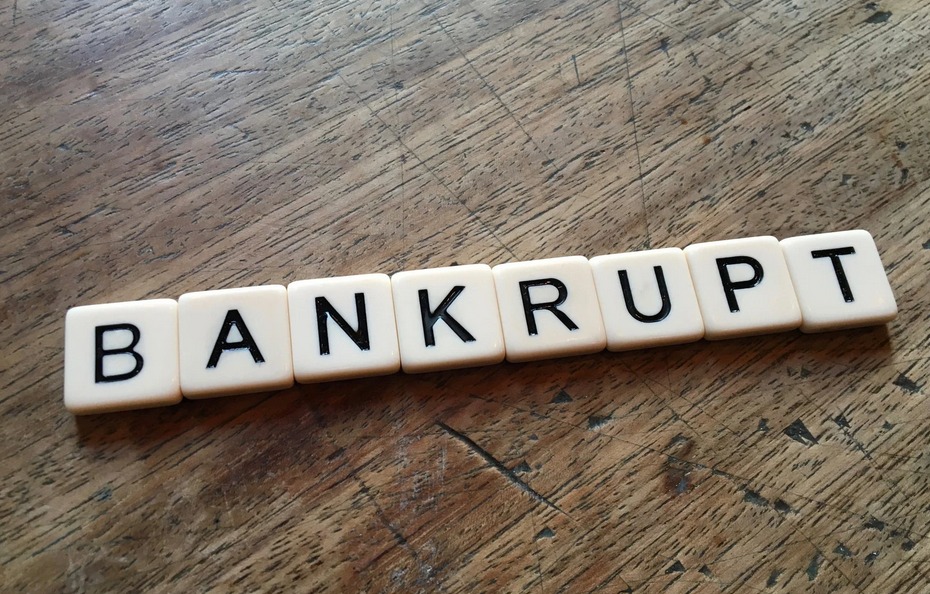Introduction
Bankruptcy can be a lifeline for individuals and businesses struggling with insurmountable debt. However, navigating the complexities of bankruptcy laws can be daunting. Understanding the basics of bankruptcy in Australia can help you make informed decisions if you find yourself facing financial difficulties. Here’s a straightforward guide to the bankruptcy laws in Australia for 2024.
What Is Bankruptcy?
Bankruptcy is a legal process designed to help people who cannot repay their debts. When you declare bankruptcy, most of your debts are wiped out, but in return, you may lose some assets and face certain restrictions. In Australia, the process is governed by the Bankruptcy Act 1966 and is overseen by the Australian Financial Security Authority (AFSA). Bankruptcy can last up to three years and one day from when it is declared, although this period can be extended in certain circumstances.
How to Declare Bankruptcy
To declare bankruptcy in Australia, you need to lodge a Bankruptcy Form with AFSA. This form includes detailed information about your financial situation, assets, and debts. You can file for bankruptcy voluntarily, or in some cases, a creditor can file a petition to have you declared bankrupt. Once the form is processed, you will be assigned a trustee, either from AFSA or from a registered private firm, who will manage your bankruptcy.
What Happens During Bankruptcy
Once you are declared bankrupt, your trustee will take control of your financial affairs. This includes selling certain assets, such as property and vehicles, to repay your creditors. You are allowed to keep essential items like basic household furniture and tools of trade up to a certain value. Your trustee will also assist in setting up a repayment plan if you have a regular income. During bankruptcy, you must disclose any changes to your financial circumstances to your trustee.
Consequences of Bankruptcy
Bankruptcy has several consequences that you need to be aware of before proceeding. It impacts your credit rating severely, and the record of your bankruptcy remains on your credit file for five years or longer in some cases. This can make it challenging to obtain credit or loans in the future. Moreover, certain professional and business restrictions may apply, affecting your ability to run a business or work in specific professions.
Alternatives to Bankruptcy
Below are a few alternatives to bankruptcy, but depending on your situation, there might be other ways we can help when you reach out to us
Debt Consolidation
Debt consolidation involves combining multiple debts into a single loan with a lower interest rate. This can simplify your financial obligations by reducing the number of payments you have to manage each month. It can also lower your overall interest costs, making it easier to pay off your debt over time.
Debt Settlement
Debt settlement involves negotiating with creditors to reduce the total amount of debt you owe. This can be a viable option for those struggling to keep up with payments. Creditors may agree to settle for less than the full amount if they believe it is the best way to recover some of the owed money. However, this approach can still negatively affect your credit score.
Negotiating with Creditors
Reaching out to creditors to negotiate new payment terms can prevent bankruptcy. Many creditors are willing to work out better repayment plans, reduce interest rates, or extend the repayment period to help debtors avoid default. Being proactive and communicating with your creditors can lead to more favorable terms without the impact of bankruptcy.
Financial Counselling and Budgeting
Seeking the help of a financial counselor can provide valuable guidance on managing your finances and getting out of debt. They can help you create a budget, prioritize expenses, and develop a plan to repay debts. Financial counselling can also offer education and resources to prevent future financial issues, helping you build a stable financial future.
Life After Bankruptcy
Once the bankruptcy period ends, you are discharged, and most of your remaining debts are cancelled. This allows you to start fresh financially. However, some obligations, like child support, court fines, and certain government debts, remain payable. It’s essential to adopt sound financial practices post-bankruptcy to rebuild your credit rating and avoid falling into financial distress again.
Conclusion
Understanding bankruptcy law and its impacts is essential for anyone facing overwhelming debt. While it provides a legal way to eliminate debts, it also comes with significant consequences that can affect your financial future and creditworthiness. Exploring alternatives such as debt consolidation, settlement, negotiating with creditors, and seeking financial counselling can provide viable options to regain control of your finances.
Law and Legals Foundation Group is dedicated to empowering you with the guidance and resources you need to make informed decisions. If you're considering bankruptcy or looking for alternatives, contact us today to explore the best path forward for your financial health.

 August 29, 2024 - BY Admin
August 29, 2024 - BY Admin